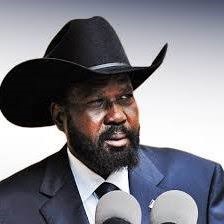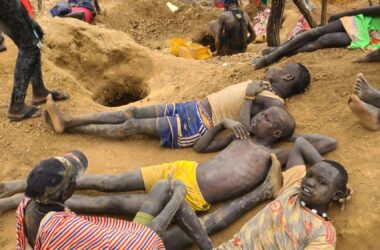By Gladys Fred Kole
Central Equatoria state government is hatching a plan to enact legislation that would control the raring of cows in the state.
The State governor, Emmanuel Adil during reopening of the state assembly on Monday disclosed that his cabinet is on a process of introducing a Bill that will be regulating the movement of cattle in its state.
He disclosed that enactment of the bill will contribute to economic diversification and minimize cattle-related incidences.
According to the governor, the bill will also curb random movement of cattle that trigger insecurity and conflict between farmers and nomadic communities.
For ages, cattle herders have become a source of insecurity in Central Equatoria state and across the country due to unregulated animals’ movement.
Animals invade farmlands causing violence which eventually leads to killings and displacement of local communities.
In a latest gruesome cattle-related violence early February, suspected cattle herders from Bor invaded crop farms of the community in Lire Payam, Kajo-Keji County, leading to massacre of 27 innocent lives.
The incident attracted widespread of international condemnation of the cruel act.
However, the Kajo-Keji case is not the only, but several others have left lives lost, crops eaten, properties destroyed, and families displaced from their homes, across the state.
Upon the background, the governor revealed in his policy statement that they are working out a legal framework that will help the state regulate livestock rearing for economic benefits.
He underscored that livestock has a lot of economic importance which includes a source of food, income, employment and earn foreign currency.
“As a state, we are endowed with large herds of cattle, but we are not realizing tangible economic benefits because we mostly use them for social prestige and community instabilities”.
On the 6th of February this year, the governor of CES had to temporally shift his administration to Kajo-Keji County following the brutal and tragic incident perpetrated by some barbaric armed cattle herders.
The state government managed to enforce the gubernatorial orders towards the evacuation of the armed cattle herders in accordance with the presidential orders issued in 2015 and 2017 respectively.
On the security threats posed by the armed cattle herders, the state government exerted concerted efforts to ensure that they turn to their areas of origin.
The governor stated that most of the cattle have now returned to Jonglei state.
State authorities visited some of the scenes in Lanya, Kajo-Keji, Yei River and Terekeka counties in order to stand in solidarity with the people to coercively evict the cattle from the state.
Equatoria region of South Sudan hosts country’s capital, Juba and it inhabits more than 30 different ethnic groups, most of them farmers.
Politically, the region is also the birthplace of the southern rebellion against Sudan’s Khartoum.
Meanwhile economically, it is the strongest region of South Sudan, with immense agricultural potential.
However, the militarization of cattle raiding since the 1990s has led to frequent eruptions of violence.
The raids were originally regulated by cultural authorities, but political elites have armed ethnic groups to advance their interests, leading to a proliferation of guns in the region.




